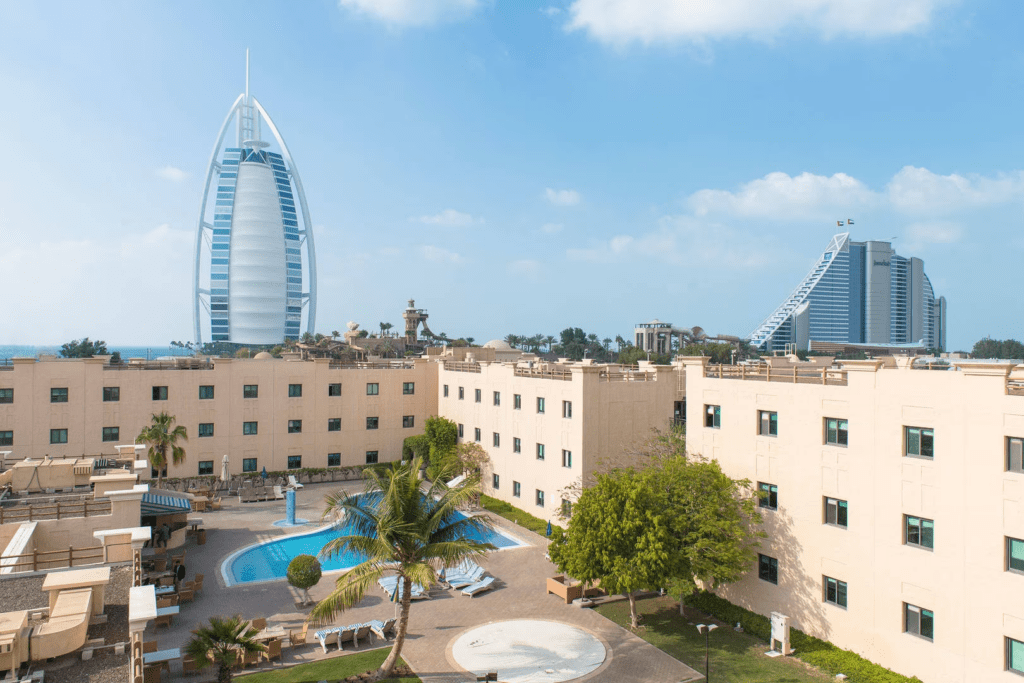Countries across the Gulf region, such as Saudi Arabia and Oman, are considering adding hospitality as a school subject to fill newly opened hotels with talented individuals. Tourism is a significant part of the region’s economy, with destinations like Dubai leading the way. Saudi Arabia is looking to boost tourism to become its second-largest economic contributor after oil. At the Hotel Show in Dubai, the topic of teaching hospitality to schoolchildren was discussed, with plans to incorporate it into the curriculum in lower grades in countries like Saudi Arabia and Oman.
Amit Nayak, Vice President of Hotel Asset Manager’s Association Middle East and Africa, mentioned that hospitality education is a key project in the region, with the goal of making it a norm and attracting more talent to the industry. Philip Jones, Senior Vice President Operations, Middle East & Africa at Accor, also emphasized the importance of having hospitality as part of the curriculum, providing a broad education encompassing various aspects of the industry from finance to sales and marketing. The aim is to make the industry more appealing and create a pipeline of skilled professionals.
In terms of schools and academies, the Middle Eastern travel sector has experienced significant growth in recent years, with the UAE having around 800,000 jobs in tourism. Saudi Arabia has plans for dedicated tourism schools, such as the Riyadh School of Tourism and Hospitality, set to open in 2027 with a focus on providing training in the sector. The UAE already has institutions like the Emirates Academy of Hospitality Management and the Dubai College of Tourism, while Oman also has dedicated tourism colleges and academies.
In response to the growing hospitality sector, Saudi Arabia is looking to attract more hospitality and tourism talent due to the expected opening of 320,000 new hotel rooms by the end of the decade. The country aims to increase international tourists from 27 million to 70 million by 2030. However, finding high-quality talent can be a challenge, especially with localization rules requiring a proportion of staff to be Saudi locals. Historically, Gulf countries have sourced labor from countries like India, Bangladesh, and Nepal, where salary expectations are lower. The UAE, for example, has almost four million Indian residents, making up close to 40% of the population.
Accor, a leading hotel brand in the region, still relies on traditional labor markets for its workforce. Rove Hotels, a local UAE brand, is adjusting its hiring practices to cater to the increasing number of Russian-speaking guests in the country. As the industry evolves and diversifies, it is essential to invest in education and training to ensure a skilled workforce that can meet the demands of the growing hospitality sector in the Gulf region. By including hospitality in school curriculums and supporting dedicated tourism schools, countries across the Gulf aim to develop a pipeline of talent that will drive the industry forward and contribute to the overall economic growth of the region.


